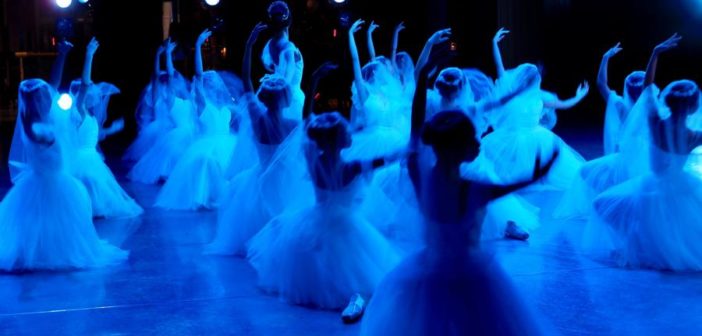Disclosure: Some of the links in this write up are affiliate links which means that if you buy through any link here, we get paid a small referral fee which helps support this website. We want to let you know that this does not affect our review. We generally are impressed with the products we mention unless otherwise noted.
Popular Video of Former Ballerina Reminds Us that the Body Holds Memories
(Watch Video at End of Post)
Perhaps you have seen the recent video of a retired former ballerina that is making the rounds on social media. It is lovely and heartwarming. It reminds me of the importance of muscle memory in the care of people with dementia.
When my mother’s dementia began to progress, her neurologist gave us good advice. He told us to encourage her to do any repetitive physical activities that she was familiar with as long as possible. He specified any actions that use fine motor skills. At first, we would get her to help put silverware away in the proper drawer dividers. She could be part of setting the table and matching socks from the laundry. Some of these proved to be frustrating or did not engage her for long. It turns out that my mother has continued to do one thing without fail: apply her makeup like a pro. Always a stickler for daily attention to appearance, my mom continues to be able to do this fine motor task well. Though now she has to be reminded, she seems to get some satisfaction in doing this.
Muscle memory involves skill learning and training. Examples are activities like riding a bike, knitting, and playing a musical instrument. These actions are the result of a unique combination of brain activity and specific muscle movement, over and over. Different parts of the brain signal and connect through different pathways for a variety of activities. With Alzheimer’s and other dementias, brain changes are significant. However, some memory pathways can retain function for some individuals.
For example, a friend’s mother with Alzheimer’s would mostly sit quietly with a flat affect. They discovered that if they got her started with the vacuum cleaner, she could go for hours and was quite content (though the noise got to be a problem for the family!). Another fellow with Alzheimer’s that we knew could not talk and was not able to feed himself. But, three weeks before he passed away, he was able to get up and dance with his wife, including the jitterbug.
Below, click the link to watch the beautiful and evocative video of a ballerina and her muscle memory. For family caregivers, it is a reminder to imagine what memories remain inside our loved ones. Can they be rekindled?





